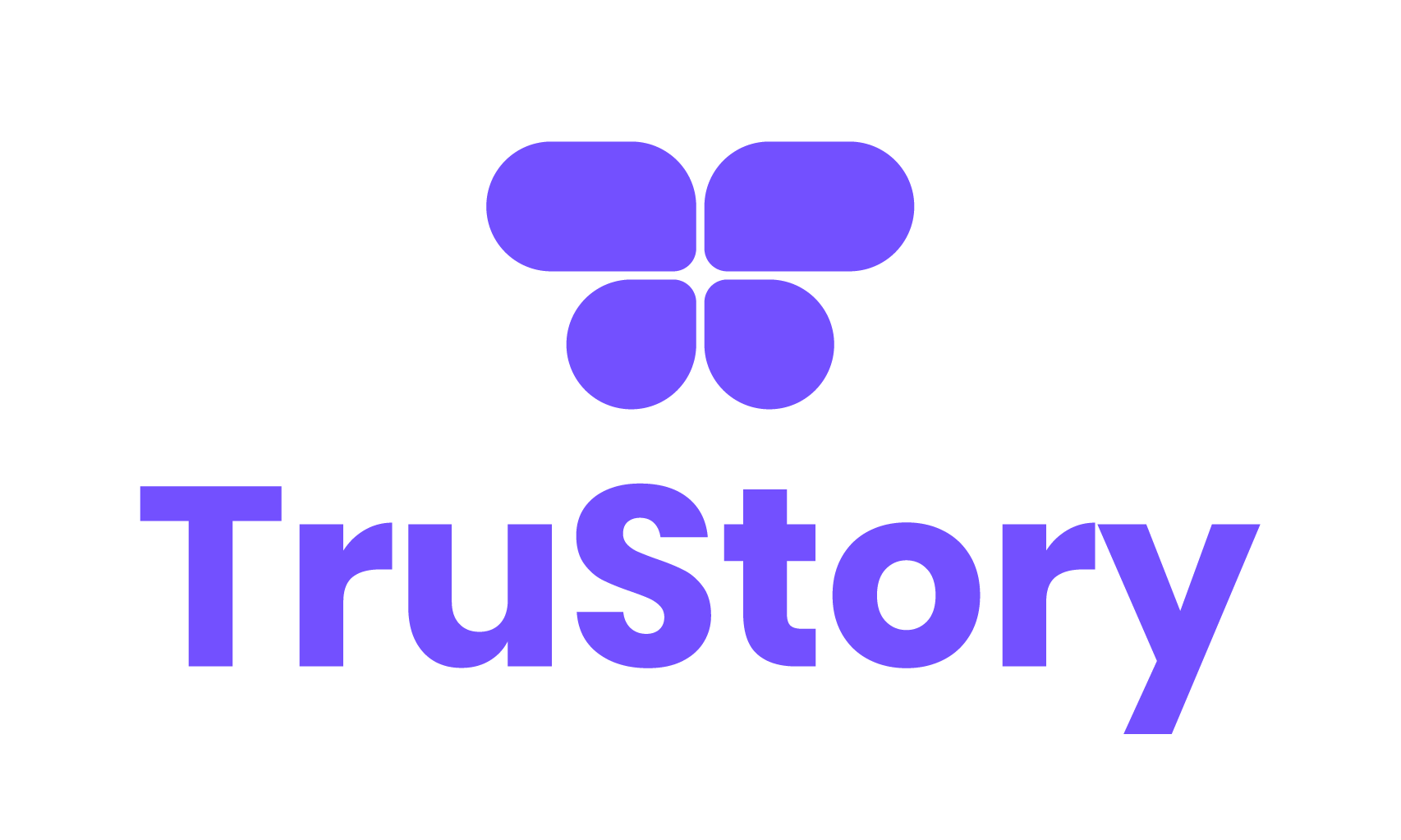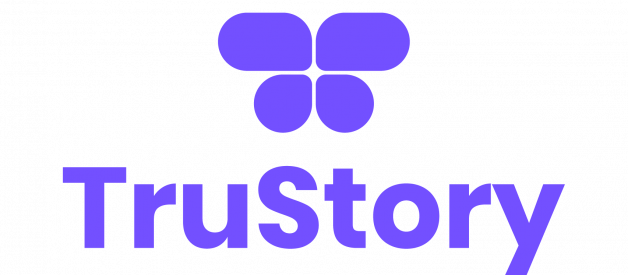
It feels bittersweet to say this ? TruStory is shutting down and returning the money to investors.
When TruStory first began, our ambition was massive. The team was ready to buckle down for the foreseeable future in order to ensure TruStory?s success.
Over the last 1.5 years, we did exactly that. We worked day and night to build the team, product, and community. We poured our hearts and souls into making our dreams a reality.
But we ultimately realized the market timing for TruStory makes it difficult to turn it into sustainable business on its own.
The longer story
You?re probably wondering why, which is what I aim to explain in the rest of this post. First, though, I want to give thanks.
Thank you to all of the investors who took a chance on us and gave us the opportunity to embark on this wonderful journey. We will remember our time with TruStory and its supporters forever. Your encouragement has been invaluable and I will always hold your kindness close to my heart.
Moreover, I would love to thank our amazing community members for the many hours you put in contributing to TruStory. You are the real heroes. ?
With that said, I think it?s time we get down to the nitty gritty.
The backstory
Our mission at TruStory was to create a place where people could come together to have productive debate. Our goal was to crowdsource the best arguments on both sides of any issue through rational, productive debate with skin in the game.
We wholeheartedly believed in this mission. The world needs a place to have rational, productive debates. So many people today have all but given up on expressing themselves on the internet.
Trustory has helped in widening the knowledge scope of its users
18 participants, 690 TRU
beta.trustory.io
What we loved most about TruStory is that it enables people to debate topics that would otherwise be considered taboo on other social networks like Twitter or Facebook.
Trump should be impeached
75 participants, 3470 TRU
beta.trustory.io
At this point, you may be wondering why we decided to shut down. Here?s the quick and dirty answer:
While we believe in the mission of TruStory, we believe that the business behind TruStory is unsustainable. In order to understand why, it?s important to understand the inner workings of TruStory.
How TruStory works
TruStory is a digital debate game. Anyone can participate in a TruStory debate by staking tokens (called ?TRU?) and arguing their position.
It gets even more interesting when we look at how the token is used in the backend to run TruStory. The platform was built to operate like a decentralized cooperative network.
Co-op networks are ?jointly-owned? and ?democratically-controlled? entities with a shared goal. In other words, it is a network that is collectively owned and controlled by its stakeholders. Our stakeholders were the users, investors, team, and validators and our shared goal was to facilitate productive debate.
Traditionally, co-op networks use others means (e.g. equity) to enable joint ownership and control of the network. But the beauty of crypto is that it allows us to use a token to build a network that is collectively owned and controlled by its stakeholders.
The token
TruStory?s token would essentially be a right of passage into the network. Users who own TRU would also own a part of the network.
The token serves three purposes:
1) Rewards for positive contributors
Users on TruStory earned TRU for writing compelling arguments which are then upvoted by their peers. They can also earn TRU by curating user feeds by upvoting the best arguments.
2) Punishment for negative contributors
One of the reasons conversations on the internet are so hard is because people have no skin in the game. There is zero accountability for one?s actions. TruStory sought out to change that. Every interaction on TruStory required you to have skin in the game. In order to write an argument, upvote an argument, or downvote an argument, you have to stake TRU. If the user misbehaves, they lose their stake.
Unlike Twitter or Reddit where centralized mods get to decide who gets banned, the community was the judge on who gets penalized.
3) Ownership and Governance
The token would represent ownership (i.e. ?joint-ownership?) in the TruStory network. Not only could users use TRU to moderate the conversations on the platform, they could also use true to moderate the platform itself through ?democratic control?.
For example, we had a category called ?TruStory? where we debate product ideas for TruStory. Our vision was to use this category to directly govern what features and functionality were prioritized by the core team. Essentially, all of the network stakeholders could decide together what gets built. Because the token gives users ownership over a piece of the network, all the stakeholders collectively have responsibility and incentive to build value on the platform as it will enhance their own user experience.
So?why are we deciding to stop?
Too early for 3.0 and too late for web 2.0
Unfortunately, we?ve come to the conclusion that TruStory is simply too early to market. The market is just not large enough (yet) for what we want to build and in the words of Mark Andreessen: ?Markets matters most.?
1) Tokenization is too hard
In the future, we will have many types of tokens serving many different functions. Right now, however, the market is not mature enough for the tokenized future we believe in. Launching a token in a regulatory-friendly way is still a nightmare. The TruStory team spent many sleepless nights trying to navigate getting a token to market.
In the end, we realized that the regulatory and compliance risk of launching a token is still way too too high (especially in the US). Regulators today have no clue what they want to do with crypto. This means that entrepreneurs have zero clarity on what they want us to do. It is extremely hard for a startup to be successful when tacking on regulatory and compliance risks on top of all the other risks you take on during the early stages of a startup.
2) Infrastructure is not ready
In order to distribute and use the token as prolifically as needed, we needed much better infrastructure (e.g. crypto wallets) and more seamless authorization solutions (i.e. transaction signing). Especially for a consumer facing application where speed and convenience are paramount. Unfortunately, the solutions out there today are nowhere close to what we need.
3) Consumers are not here
The number of people who know about crypto, let alone who are willing to buy for a reason other than to ?pump and dump?, is tiny. Frankly, even some of the smartest people I know still don?t ?get it? and I don?t blame them. Crypto today is little more than glorified gambling. The idea that you can use crypto for other (very innovative) things is still foreign to most people.
However, in order to build a sustainable business, TruStory would need millions of users who can readily purchase tokens (legally) and seamlessly use them on the platform daily. While we believe we can capture a small niche of users, we don?t believe it?s large enough to build a sustainable business.
Why don?t we build the bridges ourselves?
This is a great question and it is a route some notable projects are taking. In fact, we had begun doing some of the bridge building ourselves before realizing we?d have to spend a significant amount of time creating things that would have nothing to do with our core value prop. Unfortunately, that?s not the business we?re in and neither is it sustainable.
Why not forego the token for now?
This solution may seem obvious. Why not simply forget the token part and build the platform another way? This is a great question and a route our team extensively considered. Ultimately, we decided it was not worth the effort.
For starters, going this route means the vision of building a network where the stakeholders collectively govern the network would vanish. Additionally, foregoing the token means TruStory would become an alternative version of Quora or Reddit. The only difference would be the focus on surfacing the best arguments rather than the best answers to questions.
While this approach is certainly an option, the honest answer is that our team is not passionate about building Quora or Reddit 2.0.
What?s next
I hope this post helps explain the ?why?. Reach out to me anytime on Twitter or Blog for further questions.
As for what?s next?
I am super excited for what each of the team members is working on next. They are in good hands.
As for me, for now, I will do what I love: Writing and Teaching.
Till next time ??


